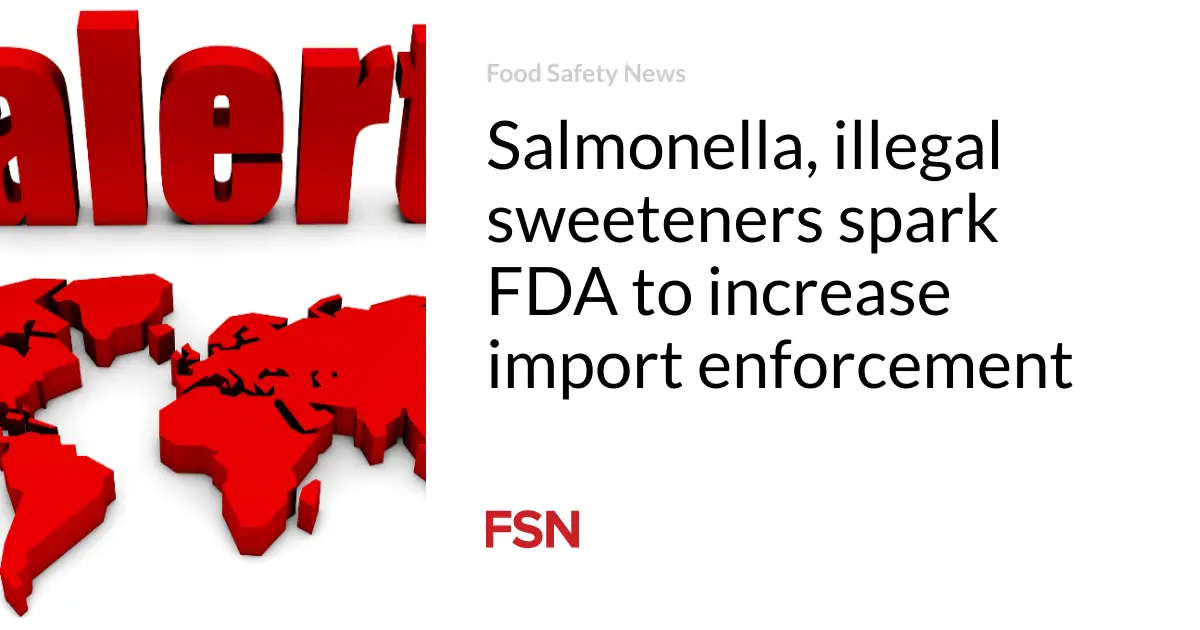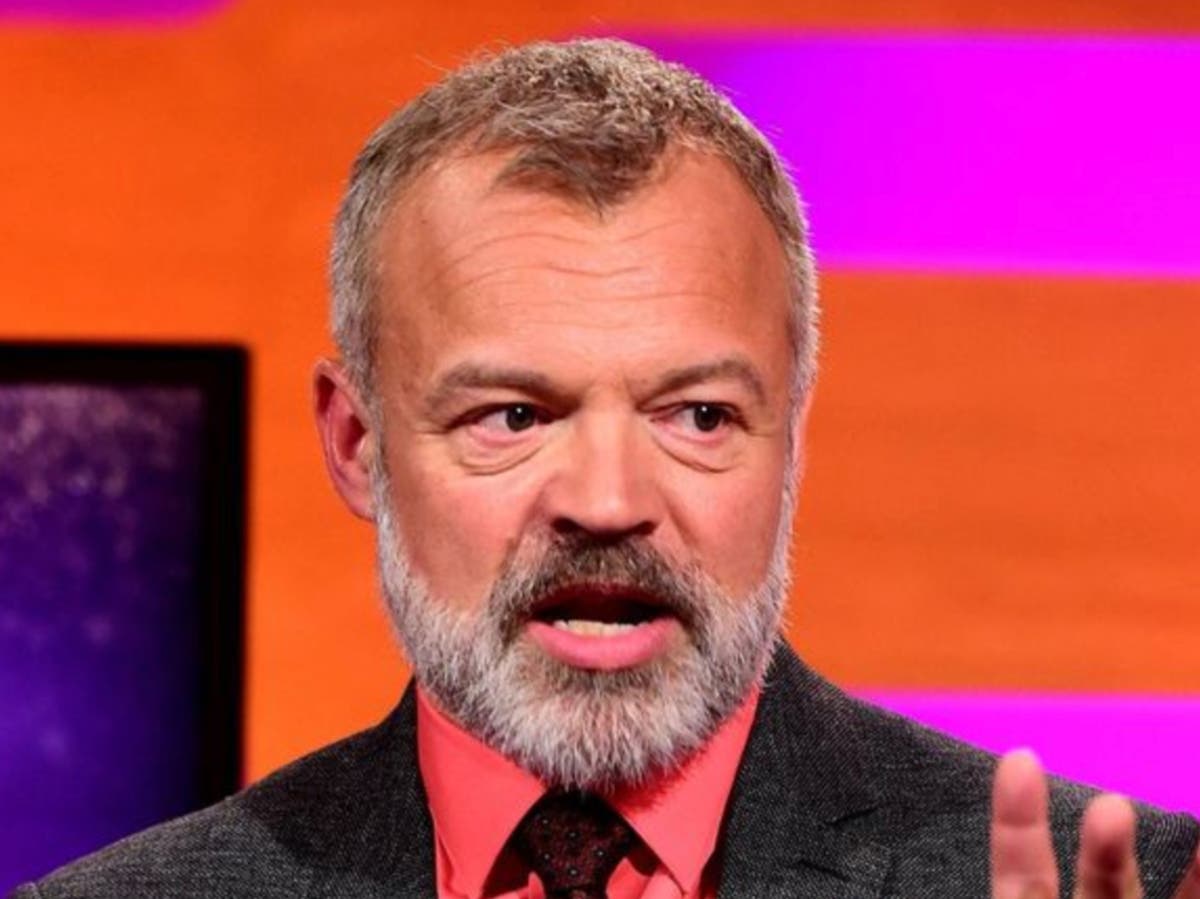Dear Ugly,
I’ve had hereditary eye bags under my eyes since I was a kid, and I’ve dealt with people telling me that I look tired since I can remember. I’ve tried every eye cream and concealer under the sun, and nothing has hidden them or “cured” them. My mother recently got a blepharoplasty [eyelid surgery], to get hers removed once and for all – and now she’s pressuring me to do the same despite the fact that I’m in my 20s. She looks great, but the idea of changing my face (even if it’s to fix a perceived flaw) makes me sad. Any advice you have for coming to terms with an “imperfection”?
– Not Tired
Thank you for writing in, Not Tired, but of all the people you’ve mentioned, you are the least in need of my advice.
But to the people telling other people they look tired: what, I politely ask, is wrong with you? If you encounter someone who seems exhausted enough that it’s temporarily altered their physical form, consider the possibility that 1) they feel it, and therefore do not need you to bring it up, or 2) you don’t know what you’re talking about.
The body has a finite number of outputs to signal a near-infinite number of inputs. Under-eye bags might be the result of a sleepless night, sure – but they might also indicate a celebratory evening of sipping champagne, a cross-country flight or allergies. They could be a response to tears (of the happy variety, perhaps), ageing (an inevitability), or genetics (immutable). None of these situations require your commentary. This is entry-level etiquette, folks! Get it together.
(There is one instance in which it’s appropriate to say something about a stranger’s face, and that is if they have spinach stuck in their teeth. Even then, it’s to be done gently and/or discreetly.)
To the mothers encouraging their kids to get elective cosmetic surgery: I know this comes from a place of love. You realize the world will value or devalue your child based on how well they adhere to a narrow standard of beauty, and you want the best for them. Or maybe it comes from a place of hurt – you see a feature you haven’t been able to accept in yourself reflected in your offspring and surgery seems like a permanent solution to their potential pain.
Either way, your protection has a paradoxical effect. I’ve spoken to hundreds of girls and women over the course of my career, and most of them can trace their earliest experience of appearance anxiety back not to a cruel world, but a well-meaning family member. Though they might encounter teasing, taunts and judgment from others later in life, it’s the criticism from those meant to accept and support them unconditionally that cuts the deepest. Yours are the comments that are most likely to lead to life-long insecurity – the thing you’re presumably trying to prevent.
But because you asked, Not Tired, I have some advice for you too.
The first step to accepting an “imperfection” is reframing it.
Most of what beauty culture calls flaws – pores, wrinkles, under-eye bags, cellulite, adipose tissue (fat) – are just basic human features. They’re positioned as flaws for profitability’s sake. (Think of all the money you’ve spent on creams and concealers to “fix” a fixed, and therefore unfixable, trait.)
There have been a few fluffy attempts at challenging this in recent years: sayings like, “Everybody is beautiful in their own way,” and, “We’re all perfect in our imperfection.” I don’t find these particularly useful to the cause of deconstructing beauty standards, though. Beauty is still upheld as the ultimate goal and inherent features are still regarded as imperfect, which does little to lessen the desire to feel beautiful and become perfect. Just look at the size of the skincare market since “skin positivity” entered the marketing lexicon in 2019; it’s grown from $130bn globally to $187bn today.
Instead of making peace with your “imperfection”, then, remind yourself that it is not an imperfection. Your under-eyes are a fact of your body. That’s it.
Will this banish your insecurity for good? No! But neither will a blepharoplasty. “To be human is to be perpetually insecure,” Astra Taylor writes in The Age of Insecurity: Coming Together As Things Fall Apart. Real security “can only be achieved in death”.
I don’t mean to fear-monger, but it’s important to note the risks of surgery. While blephs may be mainstream now – the procedure was one of the top five cosmetic surgical interventions of 2023 – they are still major operations. Potential complications include aesthetic issues like “lid lag” or sunken eyes, but also allergic reaction to anesthesia, bleeding, infection, stroke, vision loss, blindness and blood clots that may lead to potentially fatal cardiovascular events. A 2021 overview determined “the national complication rate for blepharoplasty to be up to 4%”, which is small but significant. (I recommend reading The Manicurist’s Daughter by Susan Lieu for a fuller picture here. Lieu’s mother died from plastic surgery complications in 1996, and this memoir offers a raw look at the generational trauma of beauty standards.)
after newsletter promotion
And even when everything goes smoothly, surgery isn’t a feelgood guarantee. Many who’ve gone under the knife to eliminate an “imperfection” can attest to this.
“I still developed body dysmorphic disorder (BDD) even after my procedure, which I carry to this day,” said one woman I interviewed, who asked to remain anonymous, about life after rhinoplasty. “My nose is no longer my focus, but the rest of my body now occupies my thoughts and makes me feel inadequate. I learned the powerful lesson that feeling pretty doesn’t fix your life. It doesn’t make your life perfect or solve all of your problems. It is fleeting and can come and go at any time.”
I also think it’s helpful to remember that low self-confidence doesn’t just result from physical matters. How we act can also affect how we feel about ourselves. Here’s one way to look at it: would assuaging a bodily insecurity with surgery – which you’ve made clear you do not want – be worth the existential dissonance of not acting in accordance with your values?
Of course, it’s tough to maintain this perspective when people are constantly commenting on your eye bags. I do think there are ways to handle this that can bolster your self-image, though.
I’ll use myself as an example. Throughout my adult life, a handful of people have pointed to my protruding stomach and asked me if I’m pregnant. The first time it happened, I was devastated. The second time it happened, I replied: “Nope, just fat!” The shame in the situation was immediately redirected from my body (the wrong place) to their behavior (the right place), and it felt incredible. Try it! When someone asks you if you’re tired, say: “Nope, that’s just my face.”
As for your mother, I think you two need to have a talk. The next time she presses you to get plastic surgery, say: “Mom, you look amazing, and I’m so happy that you’re happy with your results. I know you only want me to feel better about my appearance – but every time you bring this up, it actually makes me feel worse. The best way you can help me is by dropping the subject. I don’t want surgery, and I don’t want to hear about my under-eye bags any more, OK?”
If that doesn’t work, there’s always bribery. Offer her the $10,000 you’d spend on a bleph to never mention it again.
Ask us a question
Do you have a beauty question for Ask Ugly? Submit it anonymously here — and be as detailed as possible, please!






